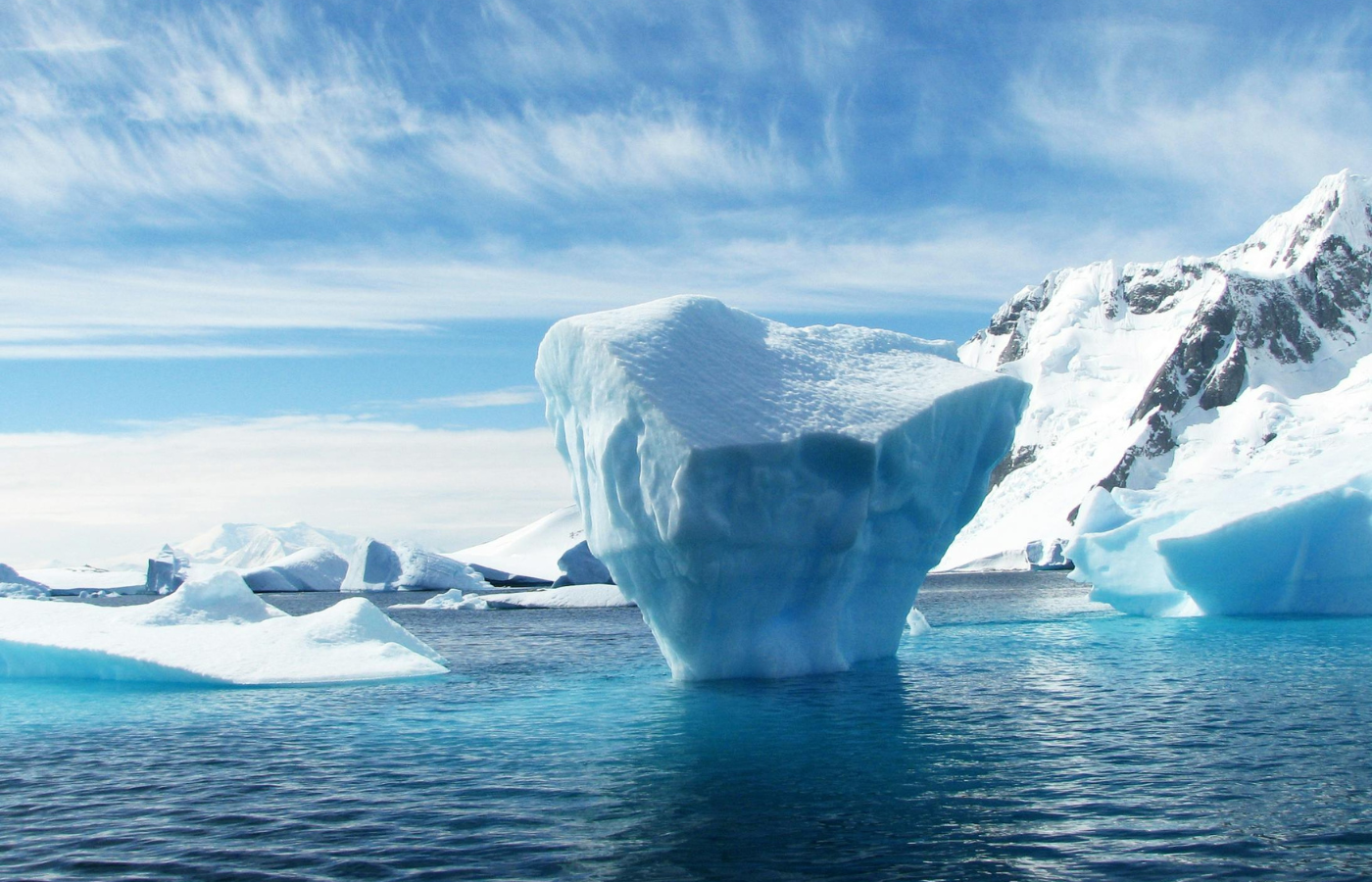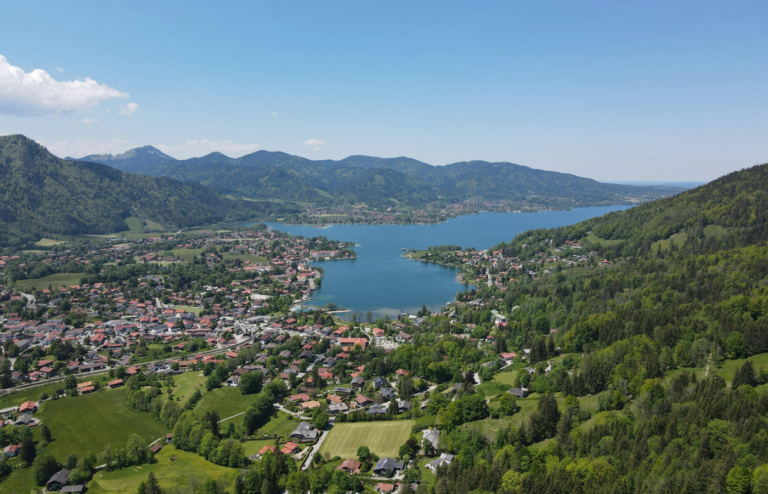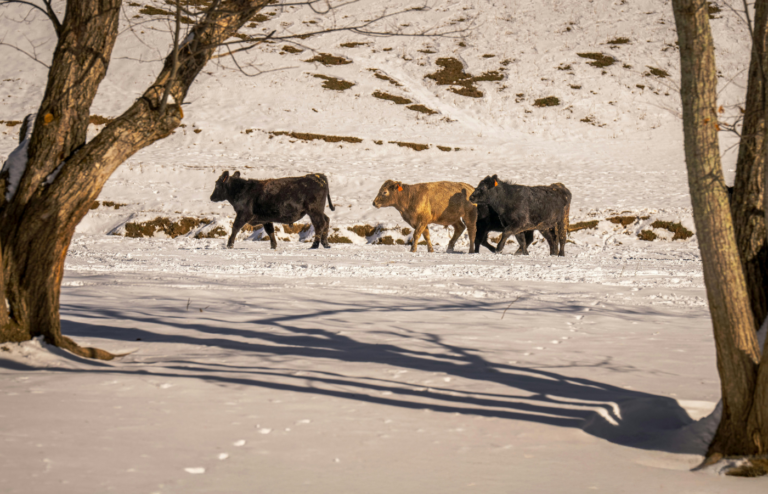Certain natural events can rapidly and significantly change global weather patterns. Volcanic eruptions, El Niño and La Niña, and solar flares are a few examples that disrupt climate systems worldwide.
Events like massive wildfires, melting polar ice, and undersea methane releases also contribute to shifts in temperature, precipitation, and atmospheric conditions, highlighting nature’s powerful role in shaping our weather.
1. Massive Volcanic Eruptions
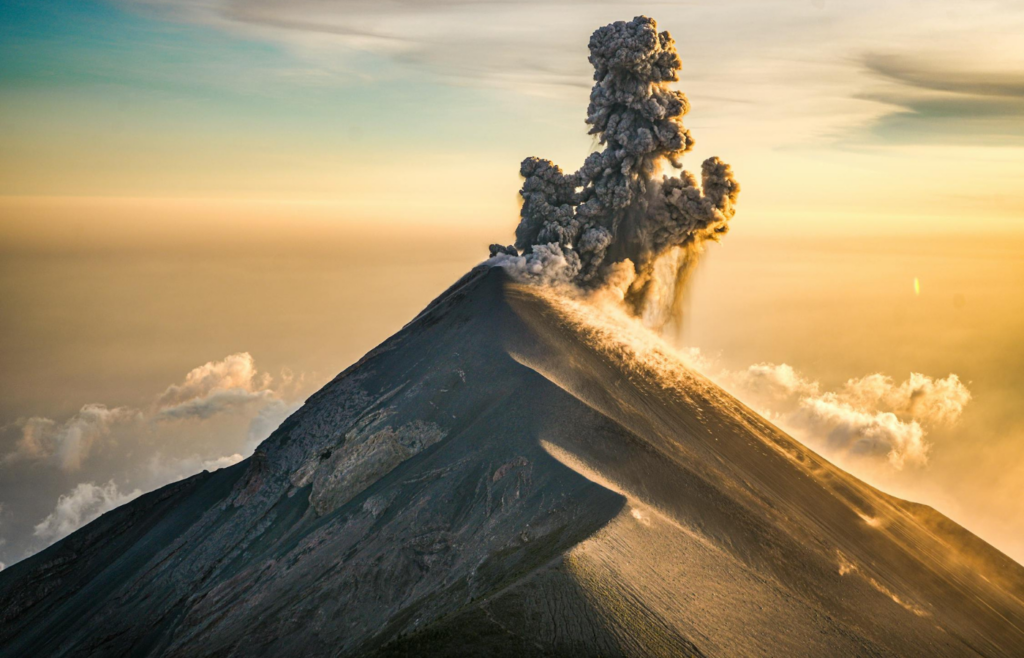
Large volcanic eruptions release significant amounts of ash and sulfur dioxide into the stratosphere, forming aerosol particles that reflect sunlight and cause temporary global cooling. For example, the 1991 eruption of Mount Pinatubo led to a global temperature drop of around 0.5°C in the following year.
2. Asteroid or Meteorite Impacts

A major asteroid impact can send large amounts of dust and debris into the atmosphere, blocking sunlight and causing a sharp drop in global temperatures, known as an “impact winter.” The Chicxulub impact, which occurred around 66 million years ago, is thought to have caused such dramatic climate shifts.
3. Sudden Stratospheric Warming (SSW)
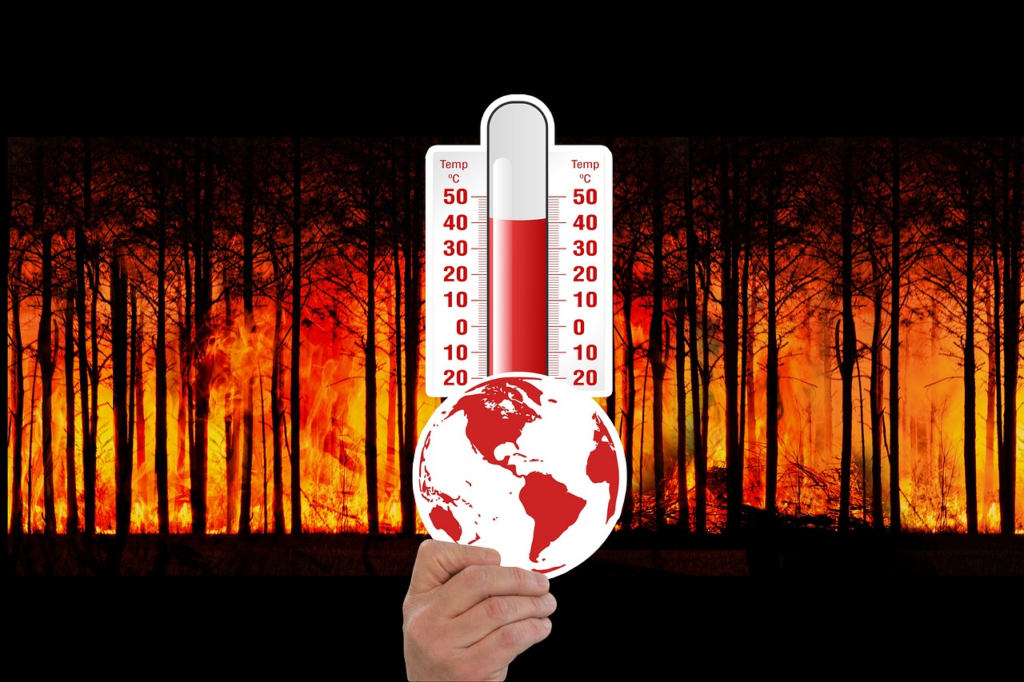
SSW events cause rapid temperature rises in the stratosphere, disrupting the polar vortex. This disruption can lead to intense winter weather in the Northern Hemisphere, with cold air shifting into mid-latitude regions.
4. Collapse of the Atlantic Meridional Overturning Circulation (AMOC)

The Atlantic Meridional Overturning Circulation (AMOC) plays a key role in Earth’s climate by moving warm water northward and cold water southward. A collapse or weakening of this system could cause sudden climate changes, such as cooling in Europe and disruptions to monsoon patterns in Africa and Asia.
5. El Niño and La Niña Events

Periodic variations in sea surface temperatures in the Pacific Ocean, known as El Niño and La Niña, can cause significant shifts in global weather patterns. El Niño typically brings increased rainfall to some areas and droughts to others, while La Niña tends to have the opposite effects.
6. Release of Methane Hydrates
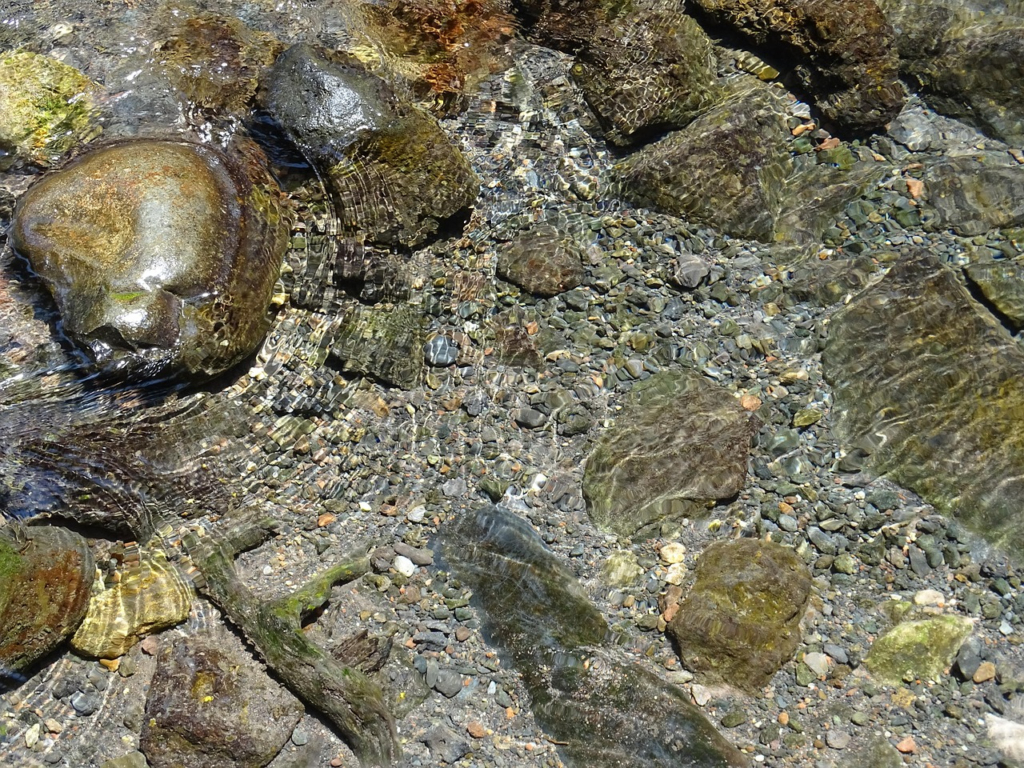
Methane hydrates are ice-like structures that trap methane in ocean sediments. A sudden release of large amounts of methane, a powerful greenhouse gas, due to destabilization could cause rapid warming and significant climate effects.
7. Solar Flares and Coronal Mass Ejections

Intense solar activity can impact Earth’s upper atmosphere, potentially influencing weather patterns and climate systems. While the direct effect on surface weather is still being studied, major solar events can disrupt communication systems and power grids.
8. Massive Wildfires
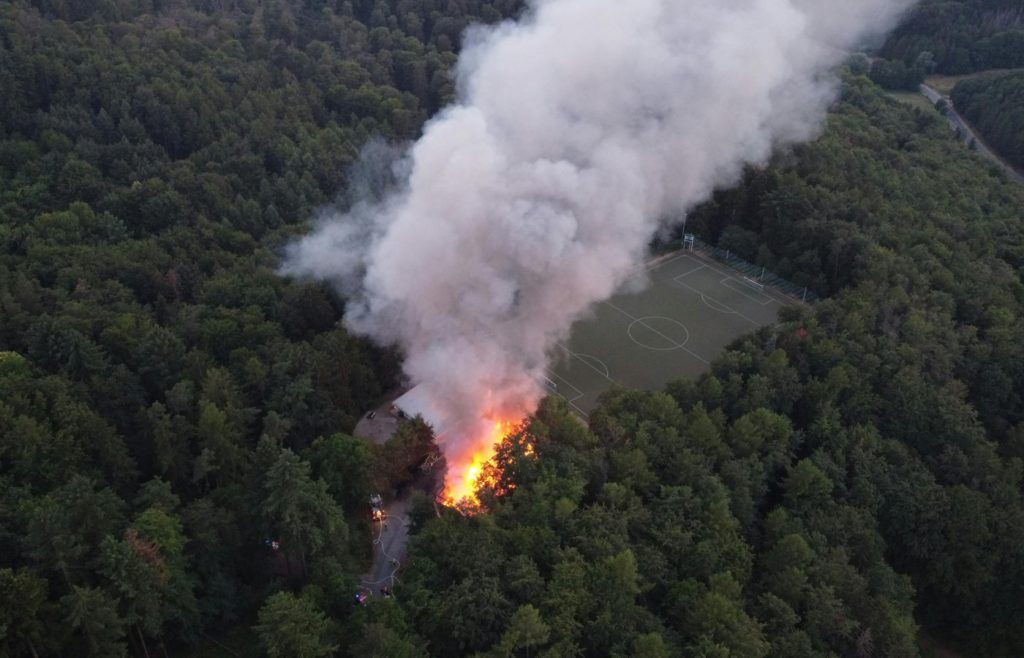
Extensive wildfires can release large quantities of smoke and aerosols into the atmosphere, impacting weather patterns by changing cloud formation and precipitation. The 2019-2020 Australian bushfires, for instance, had significant effects on regional weather and air quality.
Read More: Top 10 Reasons More People Are Quietly Becoming Preppers
9. Rapid Arctic Sea Ice Melt
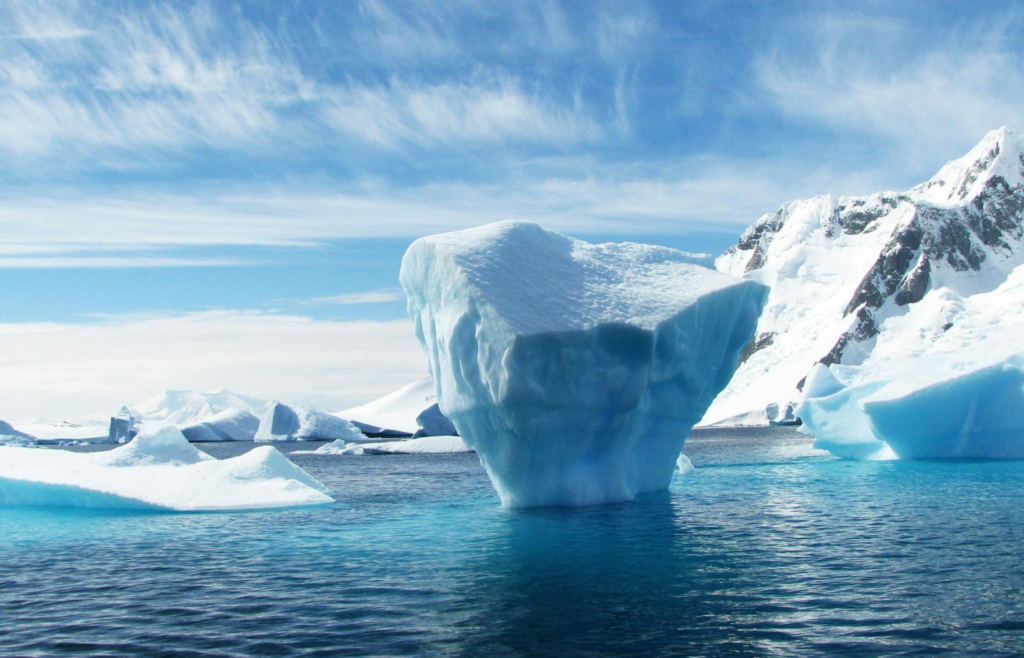
A sudden and extensive melting of Arctic sea ice can disrupt atmospheric circulation patterns, leading to extreme weather events in the Northern Hemisphere, such as prolonged cold spells or heat waves.
Read More: Top 10 Items Every Home Should Have for Weather Emergencies
10. Giant Landslides or Underwater Slides
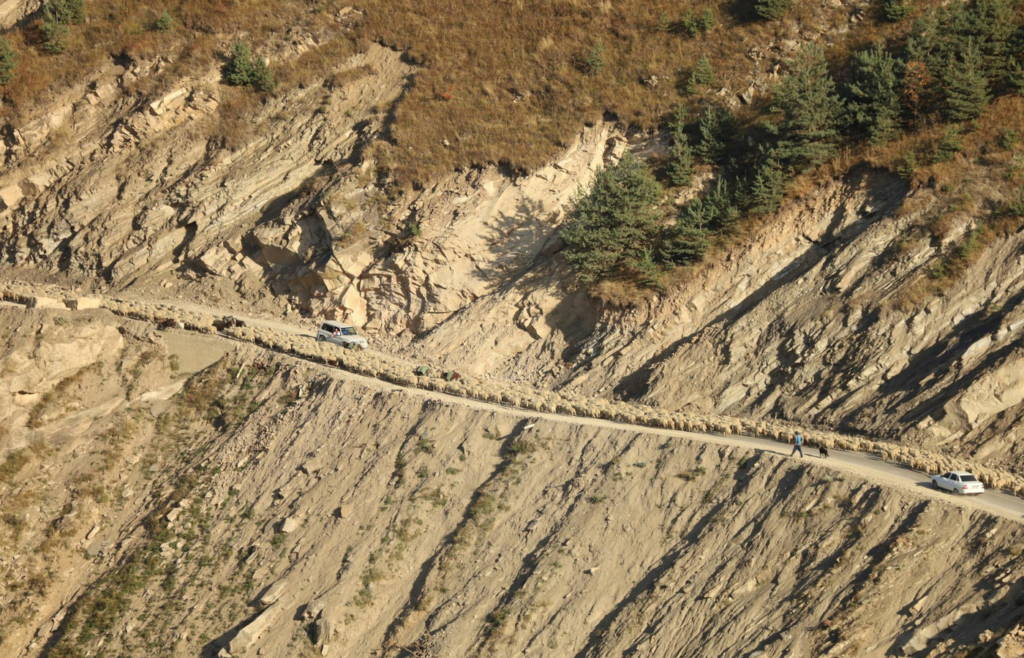
Massive terrestrial or submarine landslides can trigger tsunamis and release large amounts of dust or methane into the atmosphere, especially if submarine permafrost is disturbed. These events can potentially influence climate and weather patterns on a regional or even global scale.
Understanding these events is crucial for developing predictive models and implementing strategies to mitigate their potential impacts on global weather and climate systems.
Read More: Top 10 Power Alternatives When the Lights Go Out

